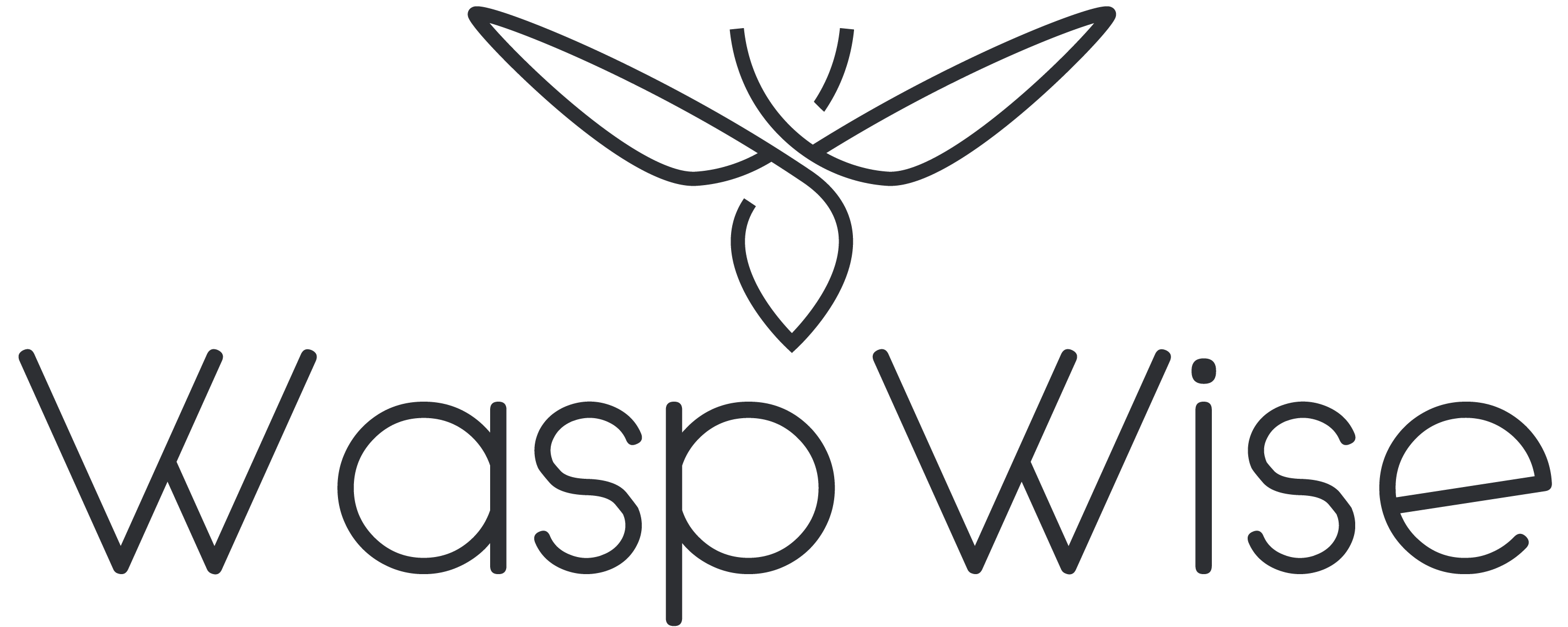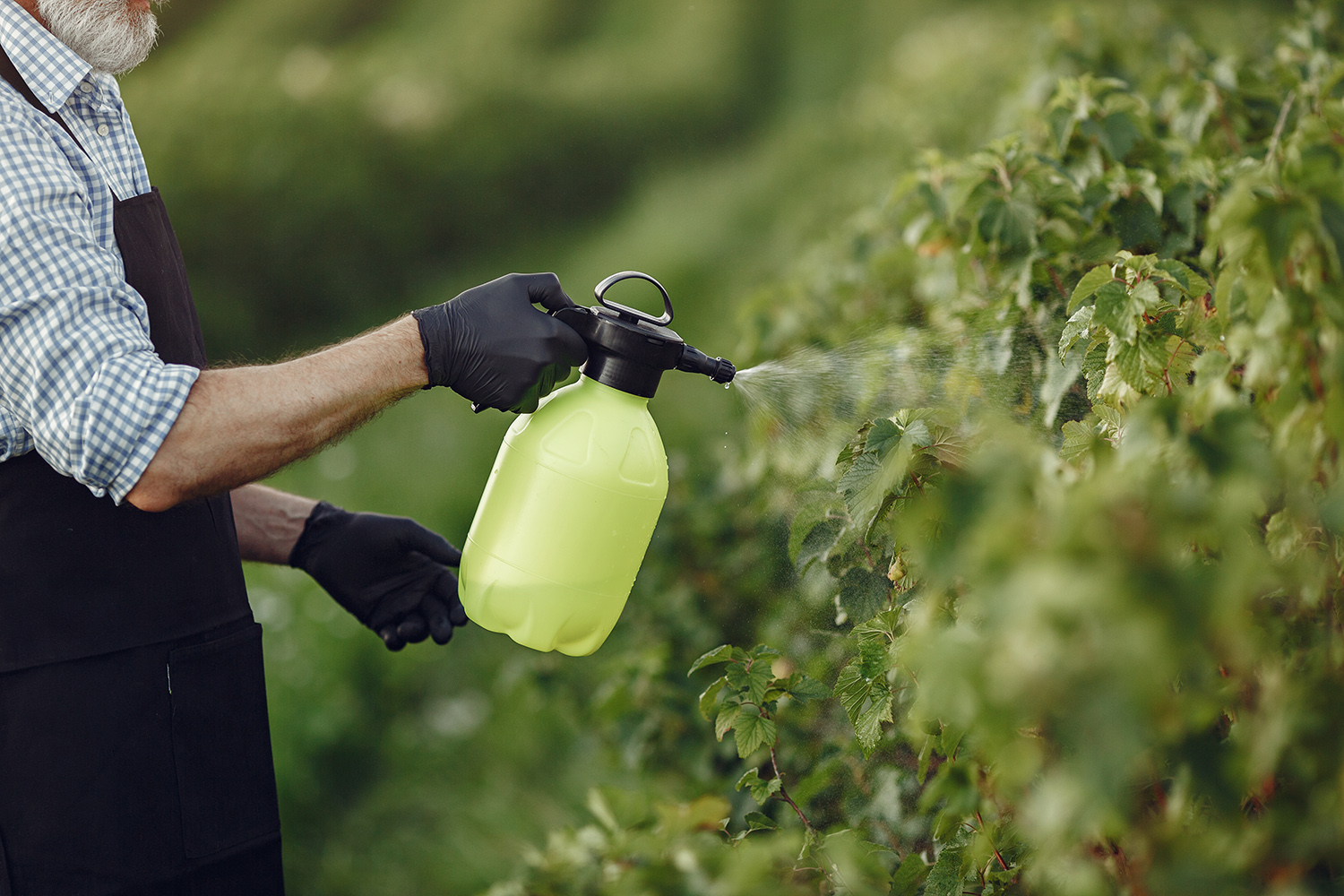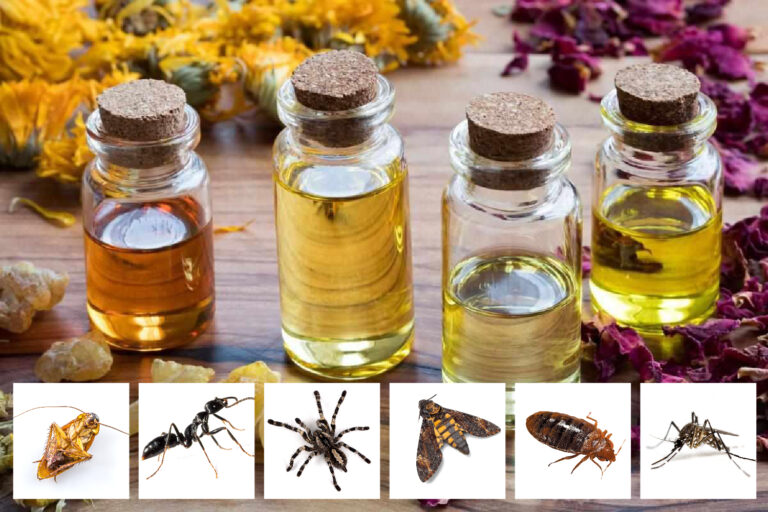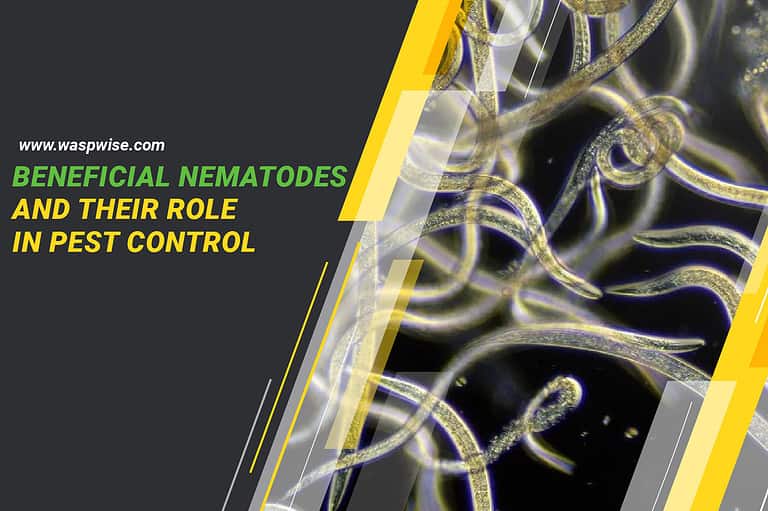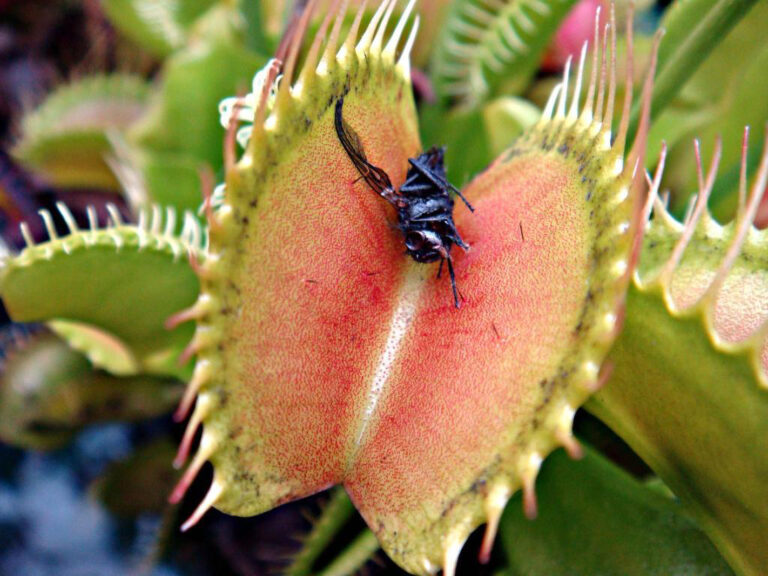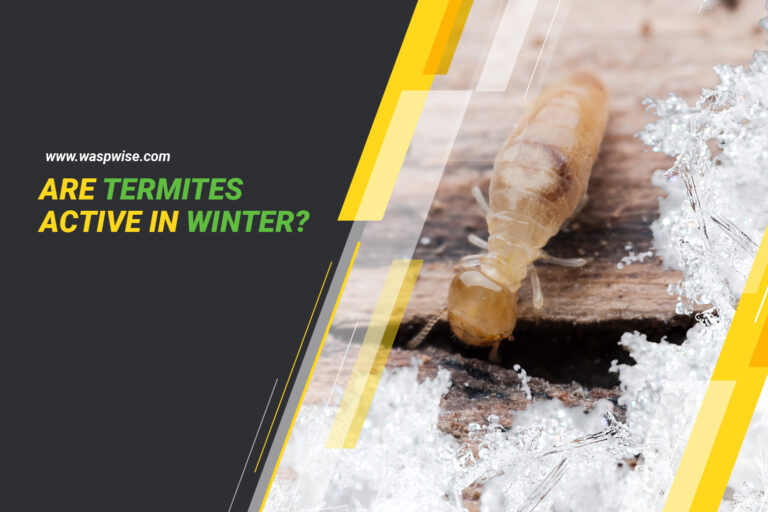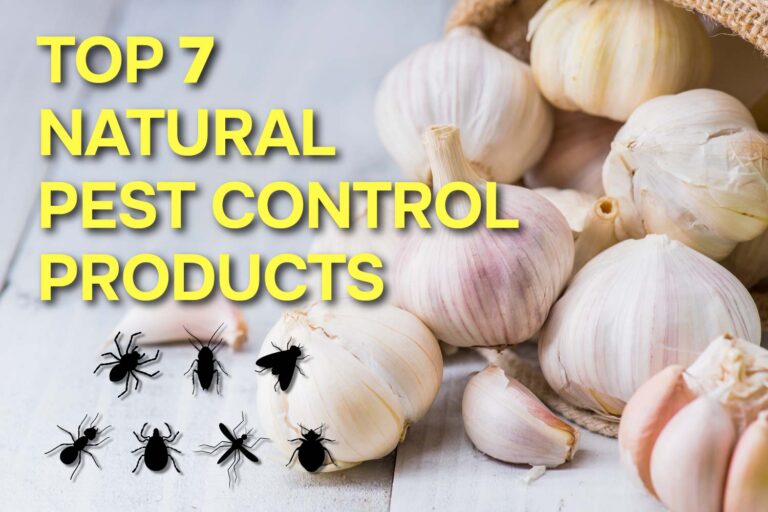THE PROS AND CONS OF NATURAL PEST CONTROL VS CHEMICAL PEST CONTROL
As homeowners, farmers, and gardeners, we all want to keep our surroundings free from pests that can damage our crops or cause health hazards. Regarding pest control, we have two main options – natural pest control and chemical pest control. In this article, we will explore the pros and cons of natural and chemical pest control methods and help you make an informed decision.
WHAT IS NATURAL PEST CONTROL?
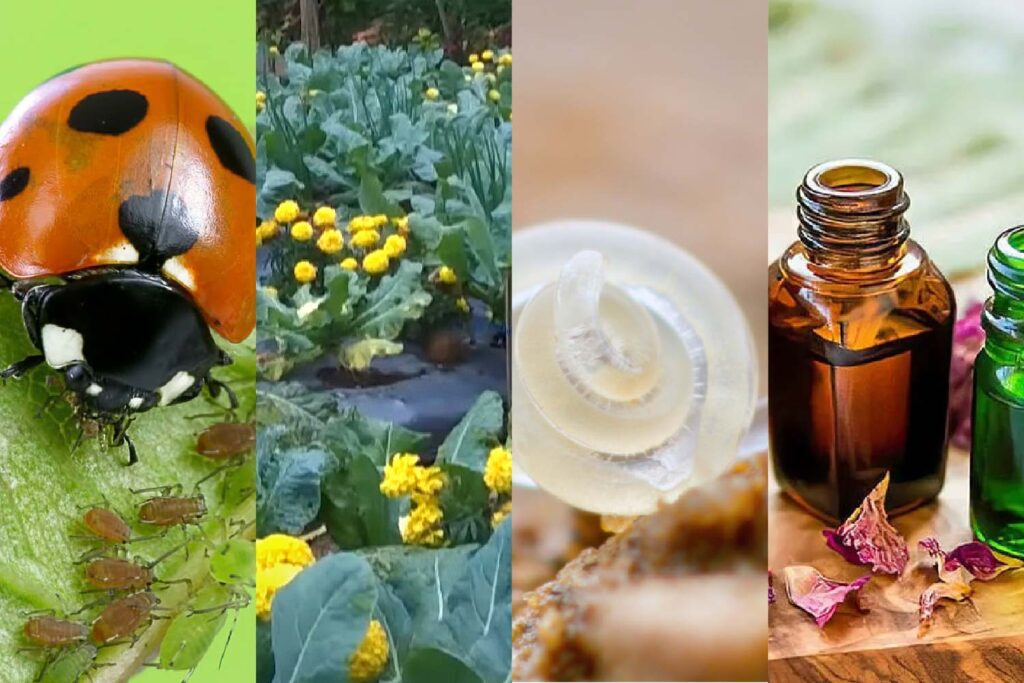
Natural pest control methods use natural mechanisms to control pests. This includes introducing natural predators that feed on pests, planting companion plants that repel pests, using organic pesticides, and maintaining proper soil health.
PROS OF NATURAL PEST CONTROL
Safe for Humans and the Environment
Natural pest control methods are safe for humans and the environment. They do not contain harmful chemicals that can cause health problems or damage the ecosystem.
Long-term Effectiveness
Natural pest control methods are often more effective in the long run as they help create a balance in the ecosystem, reducing the likelihood of pest infestations in the future.
Promotes Biodiversity
Natural pest control methods promote biodiversity by allowing natural predators to thrive and keeping harmful pesticides out of the environment. This helps create a healthy and sustainable ecosystem.
Cost-effective
Natural pest control methods are often less expensive than chemical ones in the long run as they reduce the likelihood of pest infestations and require less maintenance.
CONS OF NATURAL PEST CONTROL
Limited Effectiveness
Natural pest control methods may not be effective in controlling all types of pests. Some pests may require chemical treatment to control them effectively.
Time-consuming
Natural pest control methods may require more time and effort to implement and maintain than chemical pest control methods.
Inconsistent Results
Natural pest control methods may produce inconsistent results as they rely on natural mechanisms that may not always be effective in controlling pests.
WHAT IS CHEMICAL PEST CONTROL?
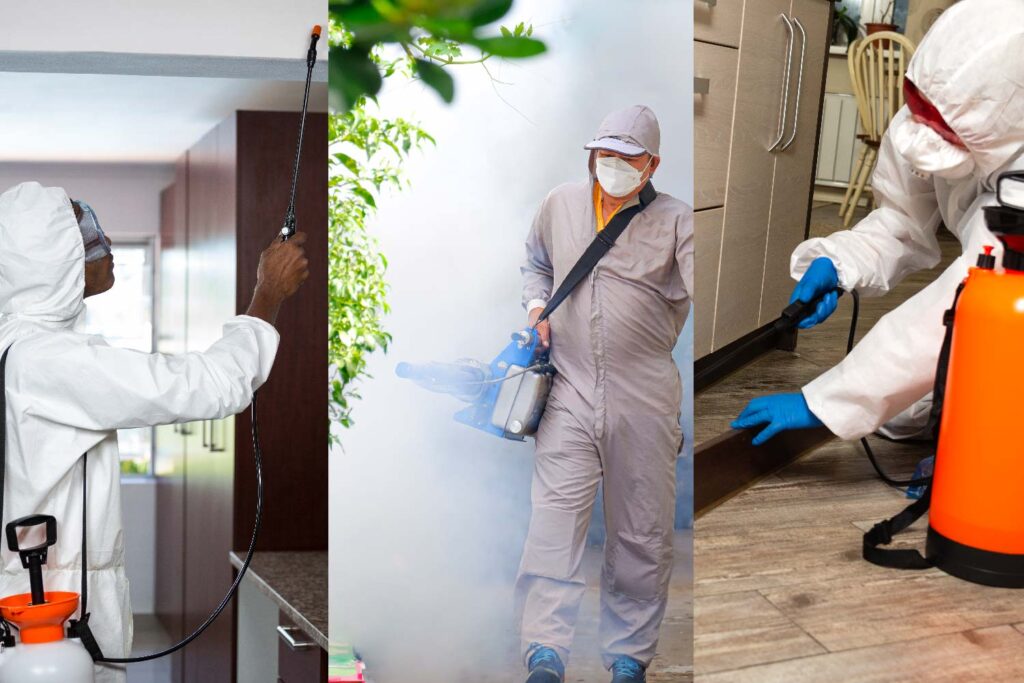
Chemical pest control methods involve using synthetic pesticides and insecticides to control pests. These chemicals are designed to kill or repel pests and are often used in large-scale farming operations.
PROS OF CHEMICAL PEST CONTROL
High Effectiveness
Chemical pest control methods are highly effective in controlling pests, often killing them on contact.
Quick Results
Chemical pest control methods produce quick results, allowing farmers and homeowners to eradicate pests quickly
Easy to Use
Chemical pest control methods are easy to use, requiring minimal effort and training to apply effectively.
Affordable
Chemical pest control methods are often more affordable than natural pest control methods in the short term, making them a popular choice for large-scale farming operations.
CONS OF CHEMICAL PEST CONTROL
Harmful to Humans and the Environment
Chemical pest control methods contain harmful chemicals that can be toxic to humans and animals, causing health problems and damage to the environment.
Short-term Effectiveness
Chemical pest control methods have short-term effectiveness as pests can develop resistance to the chemicals over time.
Kills Beneficial Organisms
Chemical pest control techniques do not differentiate between harmful and helpful organisms, causing the destruction of natural predators and pollinators in the same manner.
Risk of Developing Pest Resistance
Chemical pest control methods can lead to the development of pest resistance, making it harder to control pests in the future.
Natural vs. Chemical Pest Control – Which is better?
The decision between natural and chemical pest control methods depends on various factors, including the type of pest, the environment, the desired outcome, and the cost.
Natural pest control methods are a safer and more sustainable option in the long run, but they may require more time and effort to implement and maintain. Chemical pest control methods may produce quick results and require less effort, but they are often harmful to the environment and can lead to long-term problems.
A combination of natural and chemical pest control methods may be the most effective solution in some cases. Integrated Pest Management (IPM) involves using a variety of pest control methods to achieve the desired outcome, including natural predators, organic pesticides, and synthetic chemicals.
CONCLUSION
Pest control is an essential aspect of maintaining a healthy and productive environment. Natural and chemical pest control methods have their own advantages and disadvantages, and the decision to use one method over the other depends on various factors. It is crucial to consider the long-term effects on the environment and the sustainability of pest control methods when making a decision.
FREQUENTLY ASKED QUESTIONS
Are natural pest control methods more expensive than chemical methods?
Natural pest control methods may be more expensive in the short term but are often more cost-effective in the long run.
Can chemical pest control methods harm humans and animals?
Yes, chemical pest control methods can contain harmful chemicals that can be toxic to humans and animals.
Do natural pest control methods work for all types of pests?
No, natural pest control methods may not be effective for all types of pests.
What is Integrated Pest Management (IPM)?
Integrated Pest Management (IPM) involves using a variety of pest control methods to achieve the desired outcome, including natural predators, organic pesticides, and synthetic chemicals.
